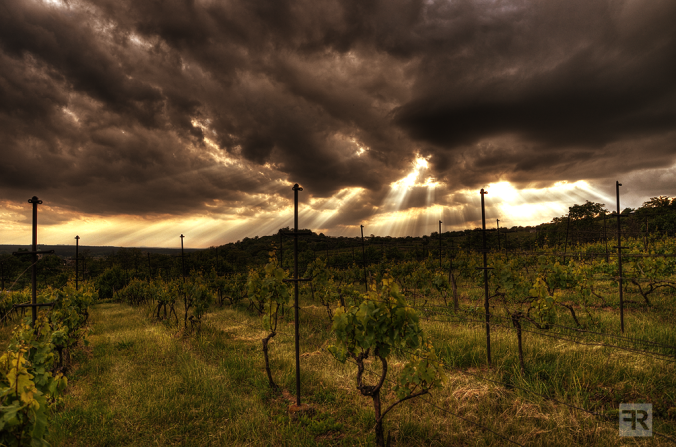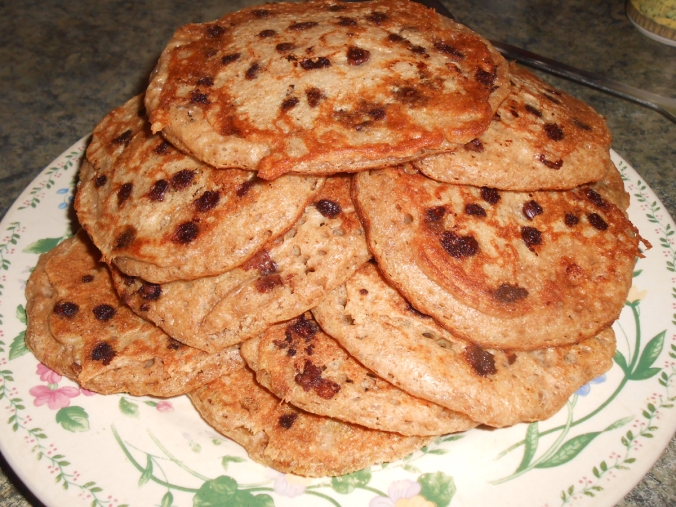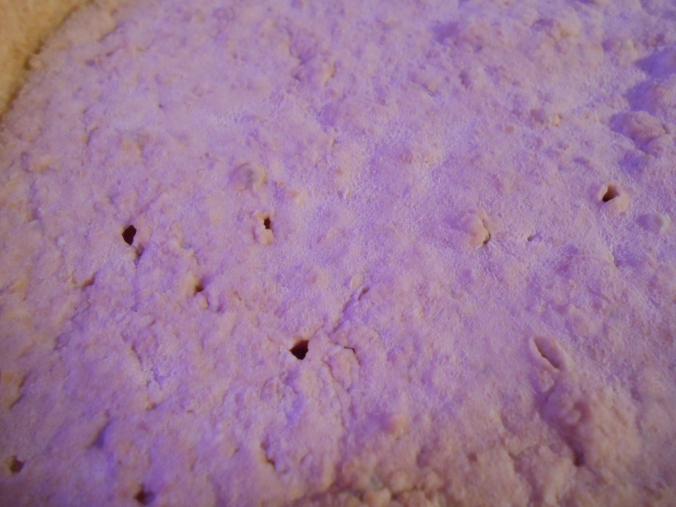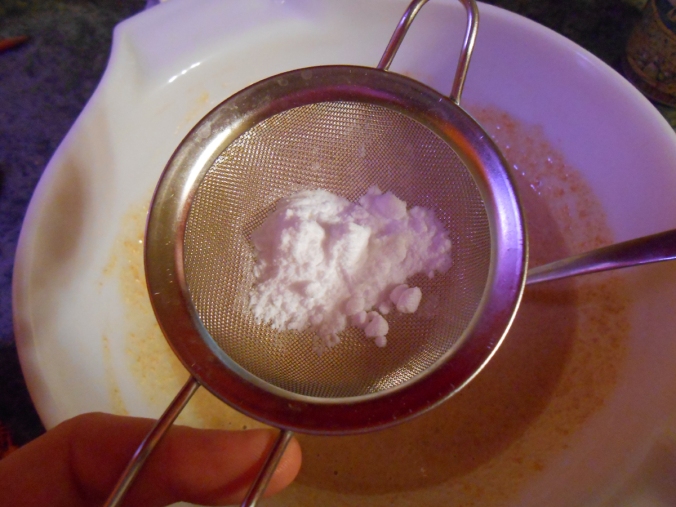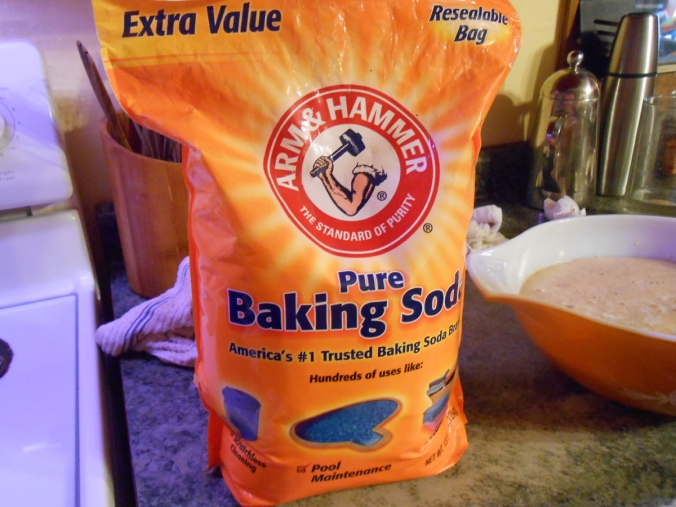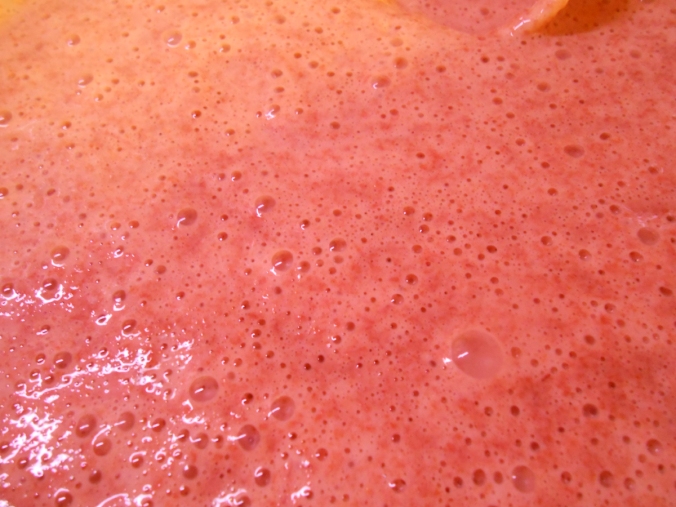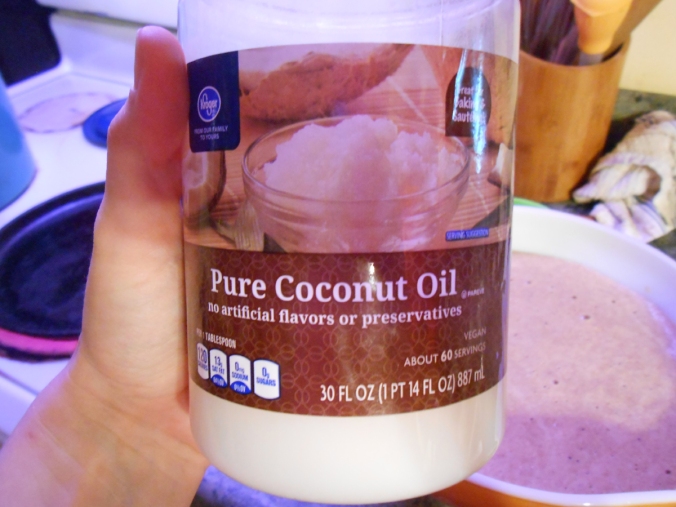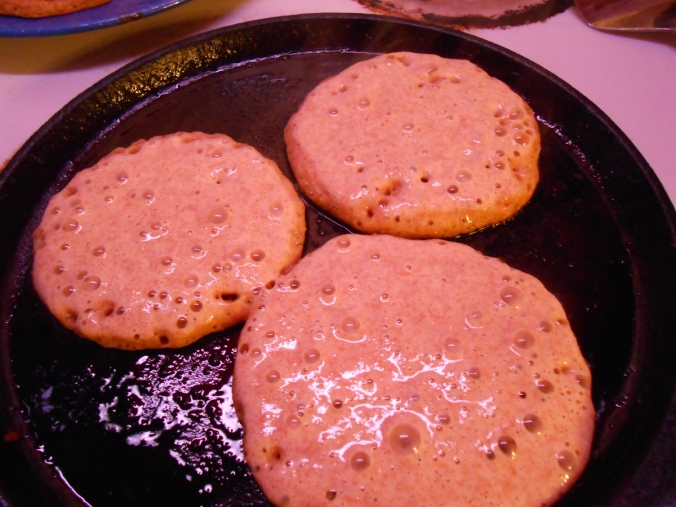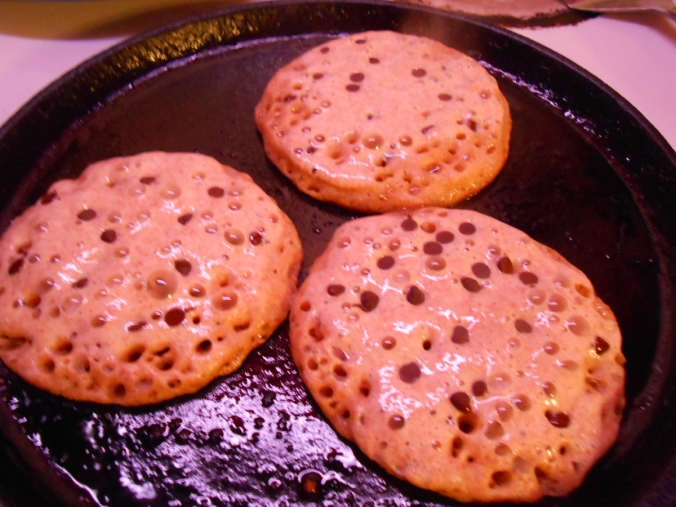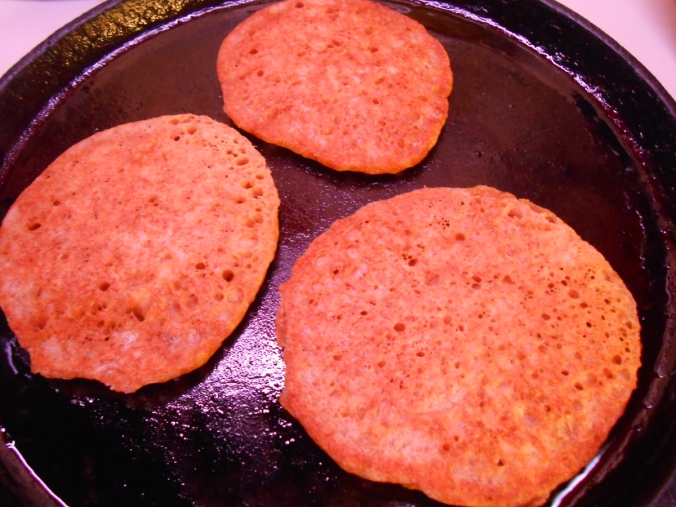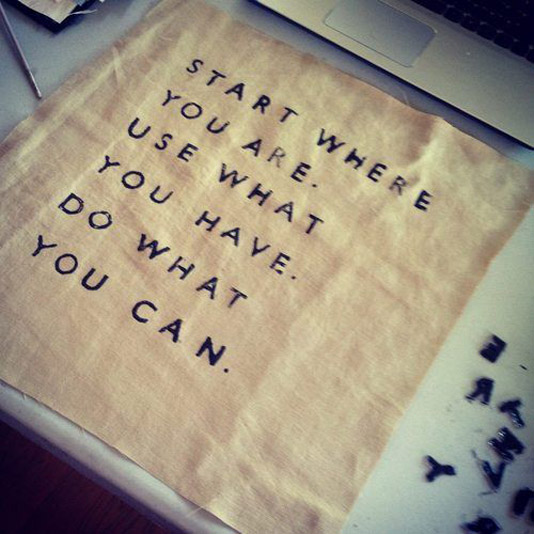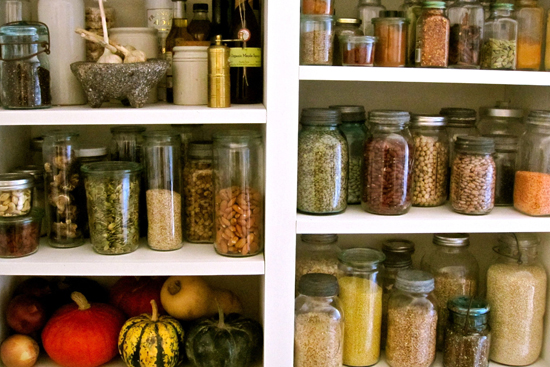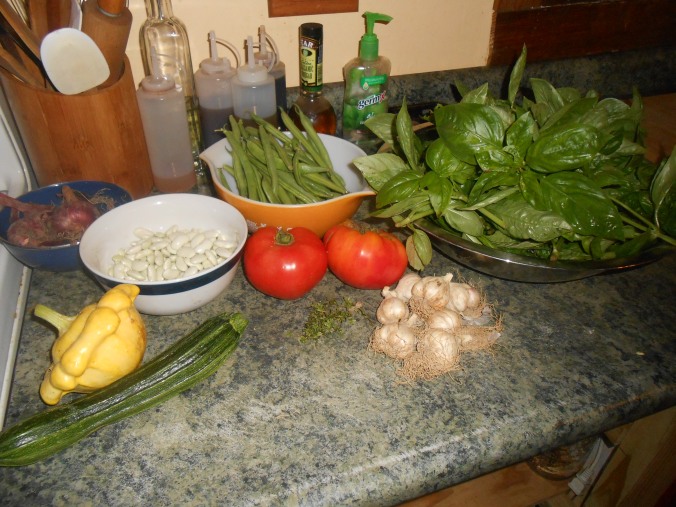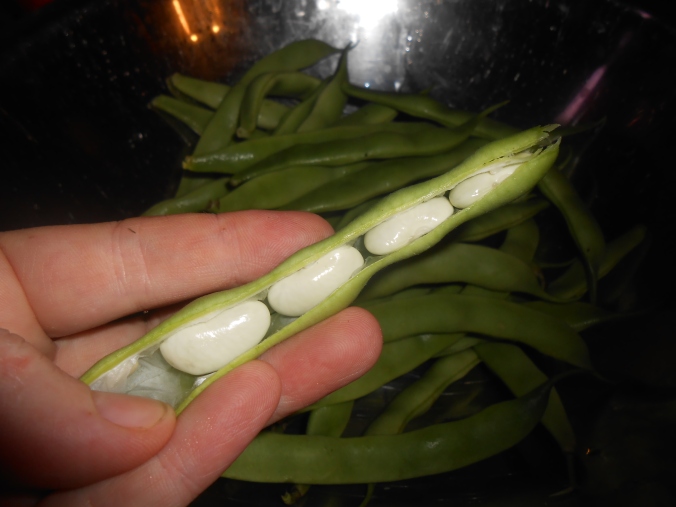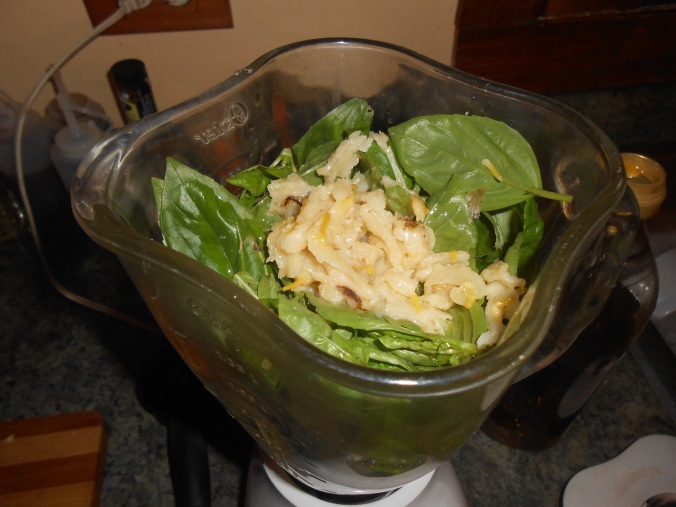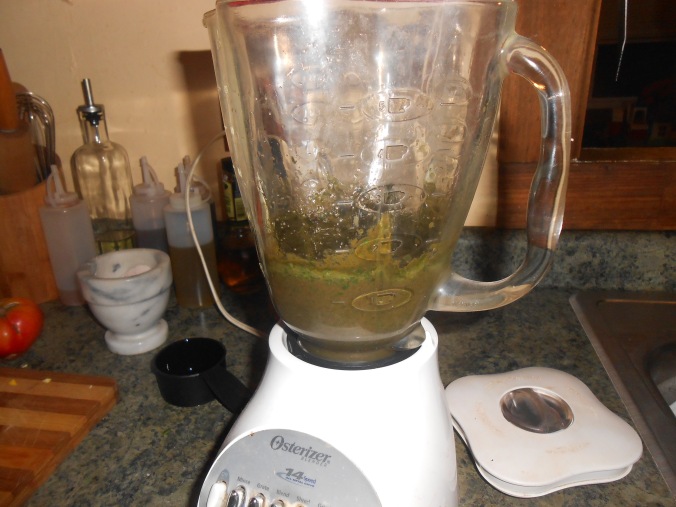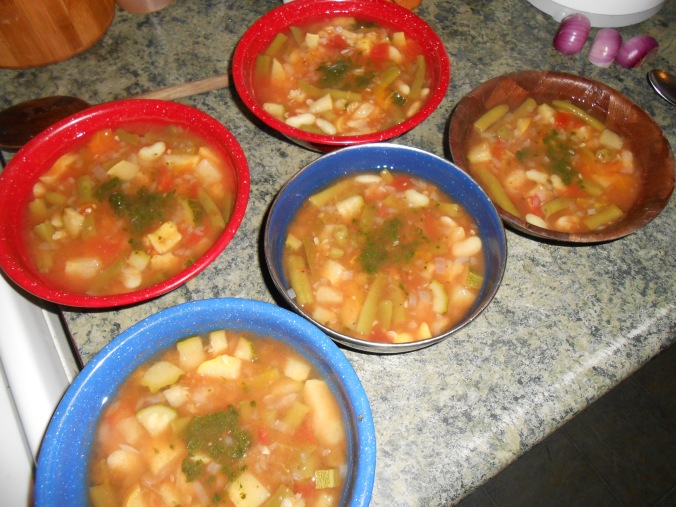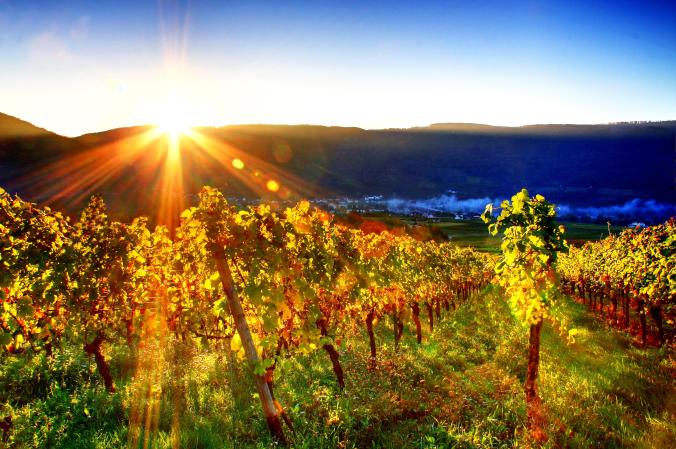
Let me tell you something: I have not cared for a very long time.
I’d say it’s been about five years since I last cared. And by “care” I guess I mean important.
Let me rephrase that: It’s been about five years since anything other than my family held any importance for me.
Five years ago, I gave birth to my fifth child, a son, exactly one year and one week after giving birth to my fourth child, a daughter. So I had a newborn baby and a 1 year old …and then the next year I had a 1 year old and a 2 year old …and the year after that I had a 2 and a 3 year old …and, well, you get the picture.
I stress this because in a society where hardly anyone has children anymore I think it is difficult for the average person to fully grasp the gravity of caring for children so close in age. Not to mention the fact that I also have three other children whom I homeschool. And throughout that time when the fourth and fifth child were still very young I was also milking goats twice a day, milk for those very young children, but it is time consuming milking goats, taking up at least 90 minutes a day, sometimes more.
Life during that time was not “normal” in any sense of how the average person thinks normal should be, not that it matters, but I am trying to show you how completely different my life is from yours. In order to keep up, in order to have any sense of order, I threw out everything that had nothing to do with my family.
Honestly, if you’ve read my blog for any length of time you know that we do not celebrate christmas or easter, have not done so since 2006, and that we observe The Biblical Holydays instead. But, truth be told, I haven’t observed any holiday, holy or otherwise, in at least 5 years…not since my fifth child was born. And you might ask, “well why didn’t you go back to observing them once the children were a little bit older and you had more time?” I could have, but honestly, I didn’t want to. It’s as simple as that. Do you realize how extremely freeing it is to not feel required to do anything? It’s like lifting a yoke of bondage, breaking the shackles of slavery. You have all these groups constantly vying for the attention of families, especially mothers with young children, and to just say NO to all their expectations is quite simply the most wonderful feeling in the world!
Oh sure, we have marked the passing of holidays on the calendar, the children have a basic understanding of what the various holidays are and what they mean, and my husband always takes advantage of independence day and new year’s eve to blow off a bunch fireworks for the kids, and he always blows off fireworks for their birthdays, it’s his thing that he does. Last year and the year before that, my parents visited for thanksgiving and we did the whole turkey dinner thing, but that has pretty much been the extent of any sort of holiday celebrations around here for the last five years. And yes, we still celebrate birthdays, of course we do, I am their mother! The date of my children’s births is almost as important to me as it is to them! Although, neither me or my husband really bother celebrating our own birthdays …it’s just not important and that feeling of freedom is lost when things become expected of you.
In 2014 I became pregnant with my second daughter, my sixth child, and during that pregnancy I was the sickest I have ever been during pregnancy, the morning sickness phase extending a full 15 weeks before I started feeling even partially normal again! At that time my fourth and fifth child were 3 and 2 years old and they turned 4 and 3 years old six months before their baby sister was born. I wasn’t incredibly busy during her baby phase, she’ll be two years old in a few months, but I did wanna soak it all up and enjoy every second. Because the more kids that I have and the older I get I realize more and more, that I honestly don’t know when the baby I am holding will be my last baby and the baby time is so very very fleeting….
Why am I telling you all of this? Because it’s been on my mind a lot lately. I don’t often think of other people’s lives in comparison to my own, that’s just not how I think, but lately I have realized just how extremely different my life is from “the average person”. My husband works at home, he is always home, he is always here with us. I am a stay at home mom, I am always here as well, and, of course, so are the children. We do whatever we want, whenever we want. We don’t have to wait for my husband to get “time off” during some holiday so we can go do something together as a family. No, we are always together as a family. Everyday we can wake up and say, “let’s do something completely different today!”. That feeling of holiday, that excited lively feeling that most people only feel around thanksgiving and christmas, you know “the holiday season”, we feel that every single day. Every day is a celebration of life here.
While the children do a lot of “normal” stuff that you might expect from a homeschooling family, like playing piano and guitar, making their own videos and music and putting it all together on the computer (it’s quite the skill, my husband does this as well and he taught them all about it), dabbling in making their own computer programs, just minor things for right now. And, of course, the basic artsy crafty things like drawing, painting, coloring, sculpting with clay etc. And real life skills such as cooking food, and basic housekeeping skills, and we even recently began teaching the oldest son, who is now 13, things like balancing a checkbook and keeping track of accounts and credit score online etc. The majority of our activities, however, revolve around the outdoors. There is the garden, which the children have participated in more this year than any year previous. And of course the animals, we have goats, chickens and rabbits which the children enjoy helping to care for and playing with. There is also archery, the three oldest boys have all gotten pretty good, as well as target practice with BB and pellet guns. Then there is basic foraging and plant identification, and more real life skills such as fire making and shelter making, they even made their own teepee this year and messed around with small animal traps like a snare and deadfall (although they have yet to actually catch anything and the teepee still isn’t fully completed…but to be familiar with the concepts and ideals, a basic “introduction” is what is most important at this point..) not to mention, running all around our ten acres and swimming in the creek which they have done plenty of during this extra hot and humid summer! They’ve also been doing plenty of camping, which we plan to continue to do as we go into October.
October. This October, for the first time in a long time, I really do feel like celebrating the fall feasts though. A genuine desire from deep in my heart to celebrate them, haven’t felt that in a looong time for anything (other than my family!). With Rosh Hashannah, Yom Kippur, and Sukkot all falling in October…plus it’s a Jubilee Year! AND, lest we forget, my own personal holiday, the seventh season of “The Walking Dead” starts on October 23rd! And then there is Halloween, which I actually do like believe it or not. And also all the trimmings and trappings of The Fall Season! Today, for the first time this season, I awoke to a crisp coolness in the air, we got just below 50F last night so, after an extra long hot humid summer, it’s FINALLY beginning to feel like Autumn here!
I have lots of plans for the whole month of October, the younger children are ages 8, 6, 5 and almost 2. The two oldest boys, ages 13 and 11, have celebrated plenty of fall feasts, and even the 8 year old though he probably doesn’t remember most of them. But the younger children (especially the 6 and 5 year old) are at that ripe age of learning and understanding to really begin to grasp some of the deeper concepts of the fall feasts. As in times past I will primarily utilize the theme of grapes, which we typically harvest during this time of year and make grape jam. Grapes and wine and vineyards and The Vinedresser and the great winepress of the wrath of God and how one of the first things God did after The Flood was teach Noah how to make wine….ALL of these are themes highlighting the prophetic significance of the fall feast season along with the secondary theme of wheat (which is also harvested at this time of the year) the wheat vs. the tares, separating the wheat from the chaff grinding into flour then made into dough and baked in an oven which is symbolic of the process of purification that all true believers must go through to become as Messiah who is “the bread of life”, not to mention the fact that he is the kernal of wheat planted that by his death life is given to many etc. etc. I get so excited just thinking about revisiting all of these things again, how they are so interconnected and interwoven throughout scripture. I also plan to write many more blog posts during this time, Lord willing…but don’t hold your breath 😉
The Parable of the Wicked Vinedressers
33 “Hear another parable: There was a certain landowner who planted a vineyard and set a hedge around it, dug a winepress in it and built a tower. And he leased it to vinedressers and went into a far country.34 Now when vintage-time drew near, he sent his servants to the vinedressers, that they might receive its fruit. 35 And the vinedressers took his servants, beat one, killed one, and stoned another. 36 Again he sent other servants, more than the first, and they did likewise to them.37 Then last of all he sent his son to them, saying, ‘They will respect my son.’ 38 But when the vinedressers saw the son, they said among themselves, ‘This is the heir. Come, let us kill him and seize his inheritance.’ 39 So they took him and cast him out of the vineyard and killed him.
40 “Therefore, when the owner of the vineyard comes, what will he do to those vinedressers?”
41 They said to Him, “He will destroy those wicked men miserably, and lease his vineyard to other vinedressers who will render to him the fruits in their seasons.”
42 Jesus said to them, “Have you never read in the Scriptures:
‘The stone which the builders rejected
Has become the chief cornerstone.
This was the Lord’s doing,
And it is marvelous in our eyes’?
43 “Therefore I say to you, the kingdom of God will be taken from you and given to a nation bearing the fruits of it. 44 And whoever falls on this stone will be broken; but on whomever it falls, it will grind him to powder.”
45 Now when the chief priests and Pharisees heard His parables, they perceived that He was speaking of them. 46 But when they sought to lay hands on Him, they feared the multitudes, because they took Him for a prophet.” (Matthew 21:33-46)
